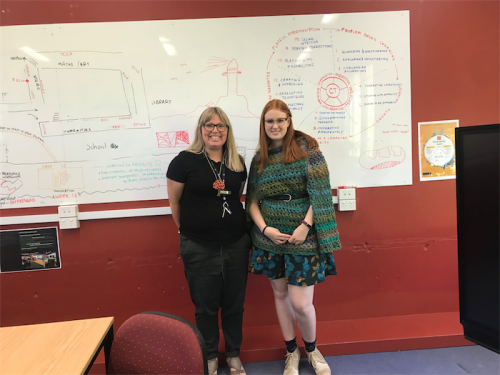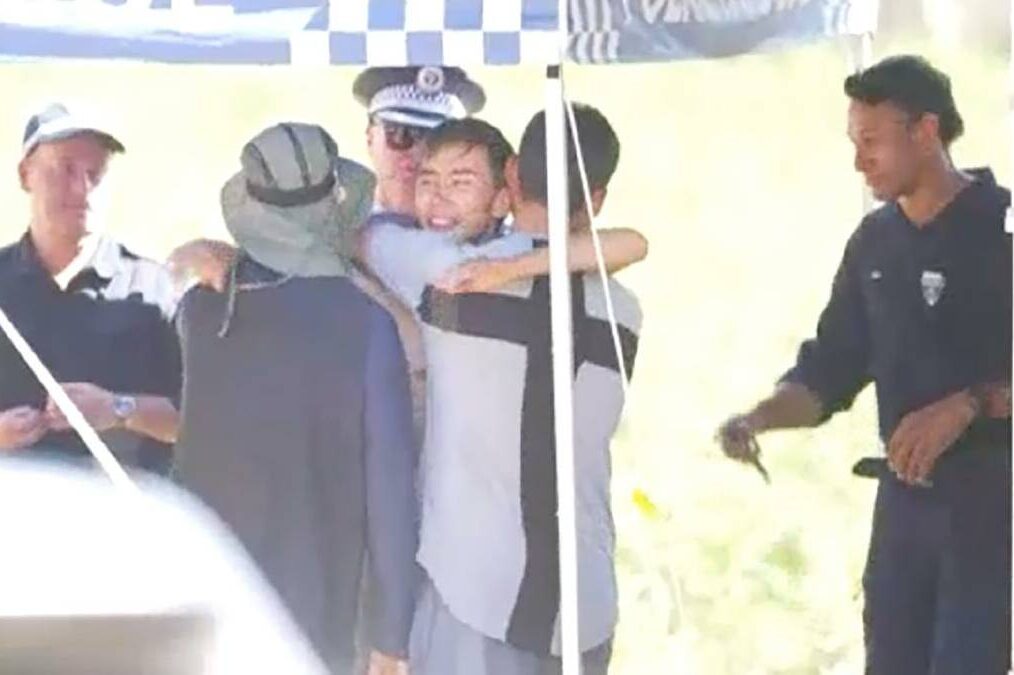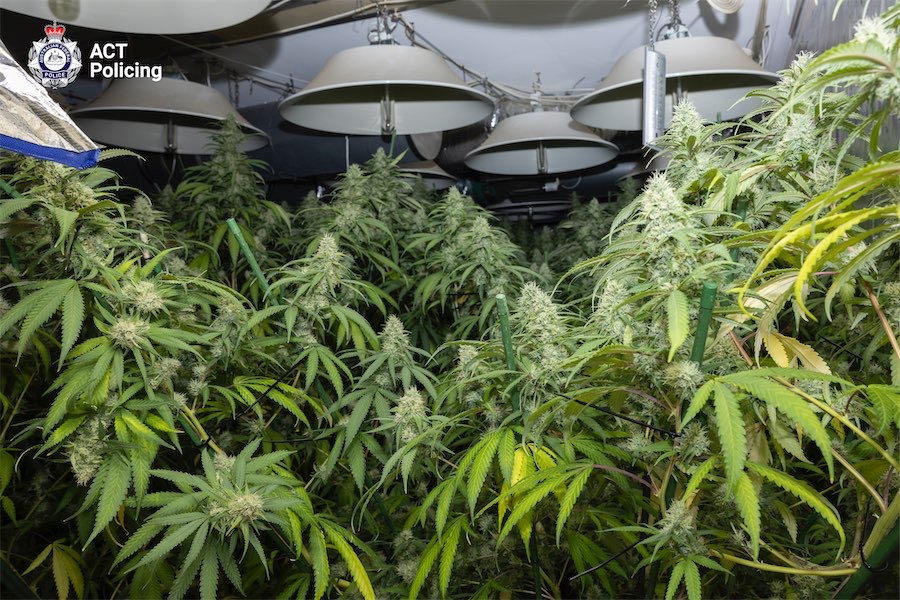
FROM an eco-dress that can be worn 10 ways to a children’s book about the carbon cycle, the projects produced by year 11 and 12 students of the Interdisciplinary Inquiry course at Dickson College in 2018 are many and varied.
However it’s not about what they’ve learned – it’s how, says teacher Claire Sandrey.
“Teaching this course has been challenging and exciting, it flips traditional teaching on its head,” says Claire.
The Interdisciplinary Inquiry is a process-oriented course that can be personalised to students’ interests, according to Craig Edwards, principal at Dickson College.
“The course gives students increased agency and more of a say in what they learn,” he says.
Craig says he was inspired by a visit to High Tech High School in San Diego in 2014, which focuses on group projects and inquiry-based learning as its bread and butter.
“I was impressed with the school, where the process of inquiry isn’t just about creating a project, it’s about how we become researchers and inquirers, how to think critically about the problem itself and also how we learn, how we acquire knowledge and skills,” he says.
“I was keen to bring this type of learning to our senior secondary.”

Craig says the Interdisciplinary Inquiry course was written by teams of teachers from ACT schools, approved by the BSSS (Board of Senior Secondary Studies) and rolled out at the start of 2018.
Dickson College was one of the first schools to adopt this course, with other schools interested in developing their own versions.
“We had around 15 students across years 11 and 12 take up the course in 2018, and hope over time we’ll have more,” says Craig.
“Initially it was very abstract but now we have the student work and we can really talk about it. I’m pleased with how it’s gone.”
Even though students can study whatever they want, the course is far from an easy ride, Craig says.
“The idea of choosing what you want to research is appealing but once we get into the rigour of conducting proper research and inquiry, it is actually quite challenging,” he says.
Student Elise Palethorpe, 18, says she’s gained a different perspective on what learning’s all about.
“It’s been so much fun – I studied maths and science so to do something like Inquiry has been amazing,” she says.
“I’ve been able to try so many new things and I guess because it’s all about the process, I feel comfortable doing it. I ended up writing a book – I’d never do that, I thought I hated creative writing! But in this class I feel comfortable to try all these things.”
Year 12 student Lucy Francis, 18, says she took the course because she thought it sounded exciting and different.
“I like that it’s not about the work you produce at the end, it’s the journey of getting there, which is so different to other classes,” she says.
“I feel I’ve learnt more real-world skills, how to learn and how to fail, which is a big one I struggle with.
“The course in general has given me more confidence, and I’ve found that it doesn’t matter if an idea doesn’t work out because I’ve actually learned something from that.
“If something goes wrong I can now step back and say, what did I actually get from this, not just why but how could it not have gone wrong, and what did I learn?”
Having better understanding of these skills helps students with the other disciplines they’re studying, says Claire.
“Students have said they’ve gained the confidence to try new things and ask more questions,” she says.
“The Interdisciplinary course blurs the boundaries between the disciplines, and uses a mix of research articles, case studies and practical components to develop the students’ capabilities in what we call the four Cs – creativity and innovation, communication, critical thinking and collaboration.
“Students learn those skills and apply them to their independent projects. There’s a constant reflection, looking at things from different perspectives.
“They use their own research to support ideas and take them outside the scope of a general classroom, which is supported by the use of mentors inside and outside the school.
“There’s a focus on oral presentations as well as written research, and presenting ideas to the public through end-of-semester exhibitions.”
Craig says the course has allowed teachers to focus on teaching the skills of communication, creativity and innovation, critical thinking and collaboration.
“We can really hone in on what that looks like to explicitly teach the kids, but at the same time give students the voice they need to enquire into the thing they’re interested in,” he says.
“We’d call it contemporary literacy – it’s the skills that students need to be successfully employed in the future.”
Who can be trusted?
In a world of spin and confusion, there’s never been a more important time to support independent journalism in Canberra.
If you trust our work online and want to enforce the power of independent voices, I invite you to make a small contribution.
Every dollar of support is invested back into our journalism to help keep citynews.com.au strong and free.
Thank you,
Ian Meikle, editor




Leave a Reply